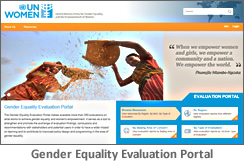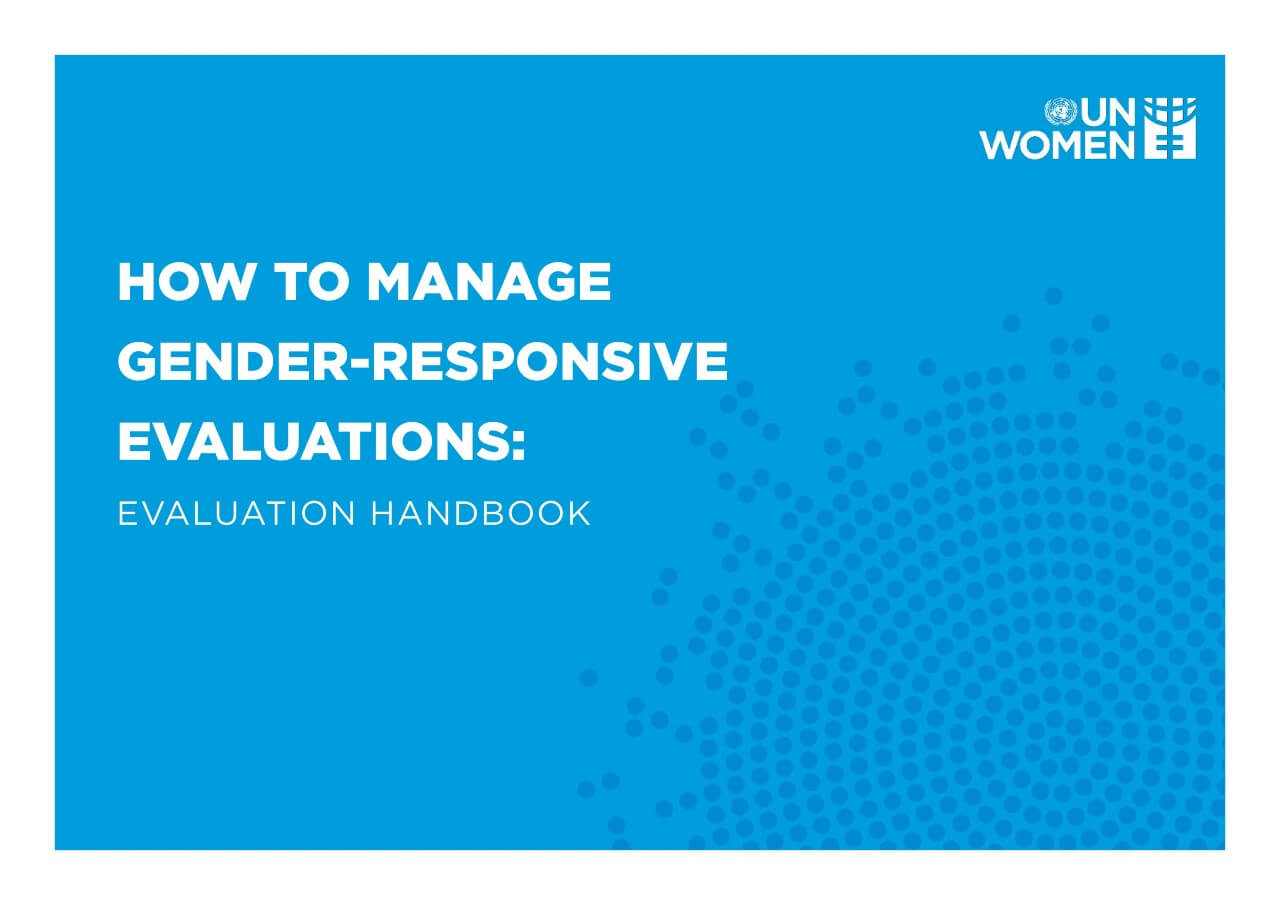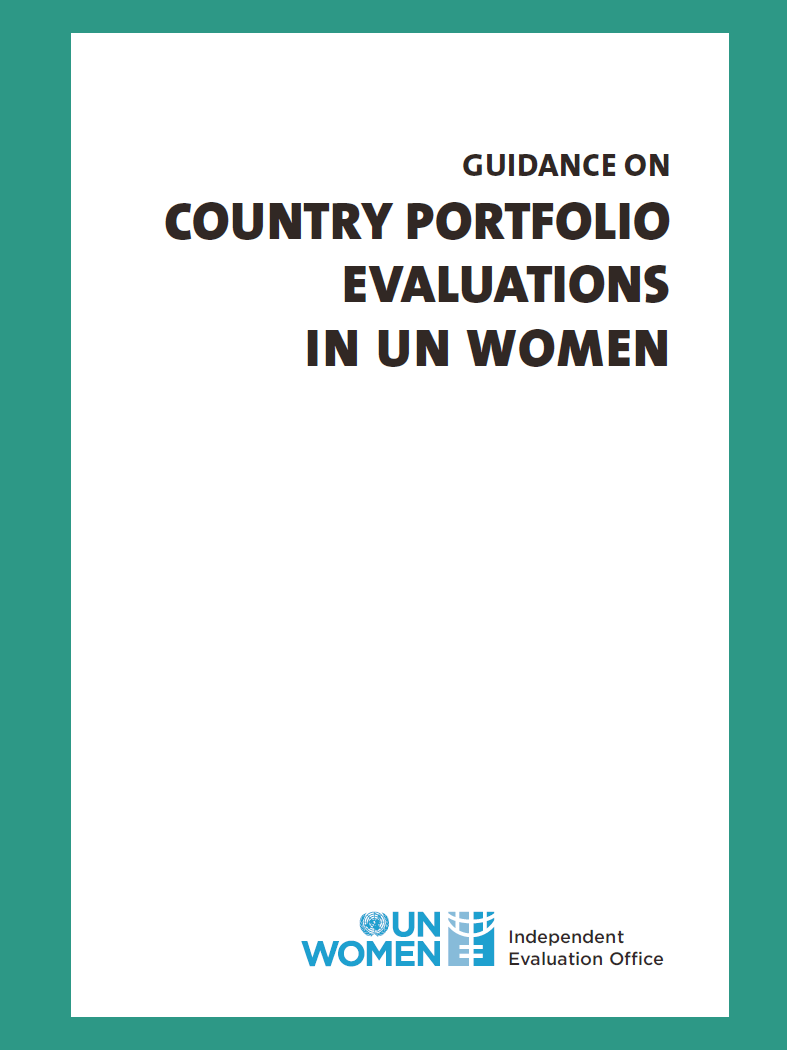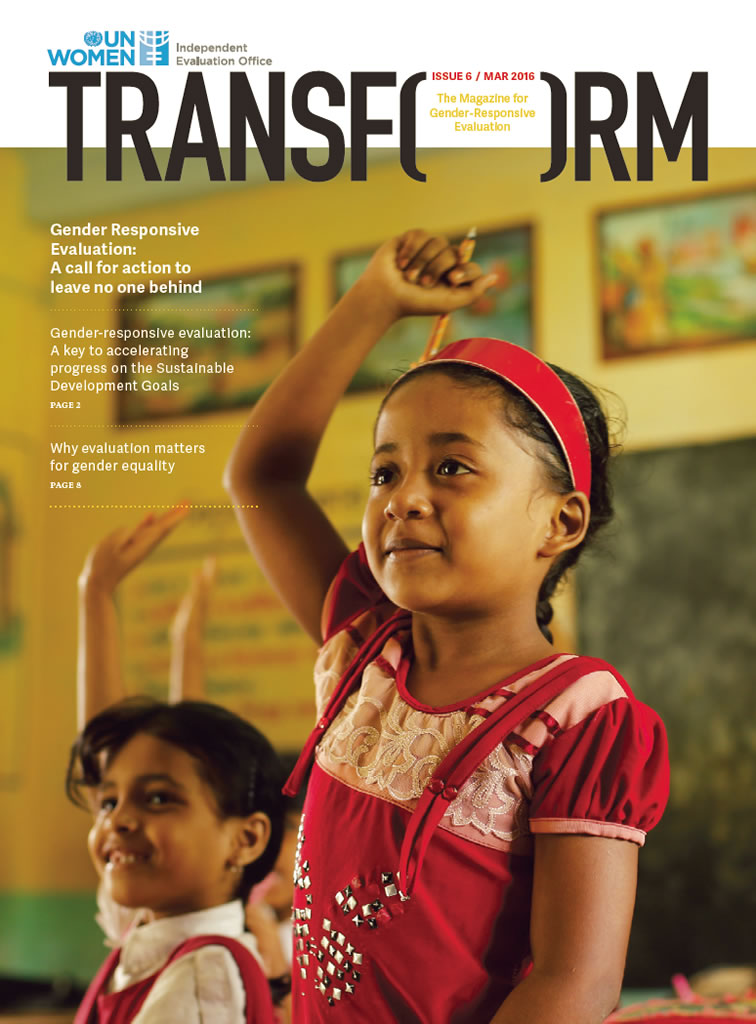Evaluation
UN Women regularly evaluates its own work to enhance accountability, inform decision making and contribute to learning on gender equality. The Independent Evaluation Service (IES) provides evidence for a more relevant, effective and efficient UN Women with greater impact on the lives of women and girls it serves.
The UN Women Evaluation Strategy 2022–2025 outlines how UN Women will leverage its evaluation function to provide evaluative evidence for greater impact on the lives of the women and girls it serves. It sets out four strategic areas of work:
- Implementing strategic corporate, regional and country portfolio evaluations;
- Implementing effective decentralized evaluation systems;
- Supporting United Nations (UN) and national stakeholder partnerships on gender-responsive evaluations; and
- Strengthening evaluation use.
The IES’s mandate comes from its Evaluation Policy. IES reports directly to the UN Women Executive Director and presents Annual Reports on Evaluation to the Executive Board. A Corporate Evaluation Plan approved by the Executive Director also guides IES.
UN Women carries out strategic corporate, country portfolio and regional evaluations, as well as decentralized evaluations. IES leads strategic evaluations with the support of external evaluators. They assess effectiveness, organizational performance and normative and operational coherence. Decentralized evaluations are conducted by external evaluators and managed by programme offices. They are quality-assured through the Global Evaluation Reports Assessment and Analysis System (GERAAS) and their results are presented at the annual session of the Executive Board.
All evaluations are publicly available on the Global Accountability and Tracking of Evaluation (GATE) system.
IES also develops guidelines and methodologies to mainstream gender equality and human rights perspectives in evaluation, and works with the United Nations Evaluation Group (UNEG) to promote UN System-wide coordination for gender equality.
The IES works to make UN Women stronger, while engaging the UN System and external partners to advocate for gender responsive evaluation.



